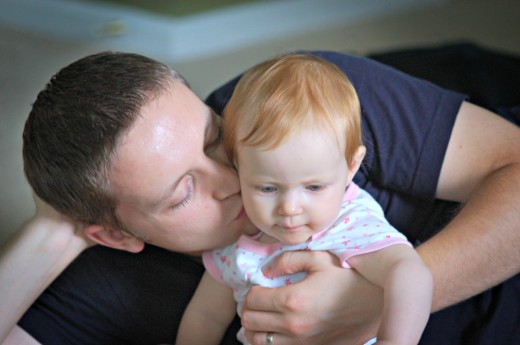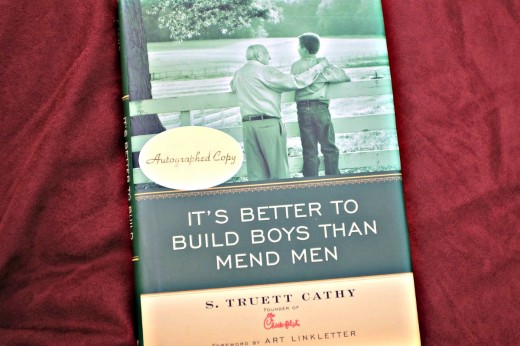I was eleven years old. I went up to my room on a Sunday evening and remembered I had a big paper due Monday! I barely had enough time to write it.
But there was one problem in the way of anything getting done. (Aside from my amazing procrastination skills, of course.)
All meaningful work on my project was impossible, thanks to my messy desk!
I had piled so much junk on my desk that I could no longer see any part of its surface. There was just no place available to work! Sheesh. And there was no time to organize everything and put it all away, either. The assignment took priority.
Mom gave me a cardboard box, and I carefully slid the giant pile of toys, papers, and electronics off of the desk and into the box.
At that point, with an empty desk in front of me, the paper was easy to write!
Though I should have learned the lesson then, I’ve since fought the same battle many times in a different arena — my email inbox. I’ve avoided giving short answers to simple questions. I’ve kept urgent but unimportant emails in my way for weeks at a time. I’ve been distracted by issues already solved, yet never moved out of my inbox.
But the other day, after weeks of failing to do so, I finally emptied my inbox. I Deleted, Delegated, Defered, or Did every email, as described in the 4D Method of Email Management in this article.
There were a few emails that I wasn’t sure about, but I still moved them into a folder and reminded myself I can always search for them later. (Yeah, right!) Out of sight, out of mind.
It took some time, but I was finally able to clear my desk, in a digital way.
And that is Inbox Zero.
And now, it feels amazing every time I look at all of the zero emails in my inbox. They’re beautiful! It felt so good that I enforced a “zero inbox” on my personal email, too.
Now that I think of it, this breakthrough has definitely been a catalyst for my recent streak of productivity — both at work and at home!
Whoa.
Note to self: Inbox Zero is for keeps.
How productive could you be if you enforced inbox zero?





